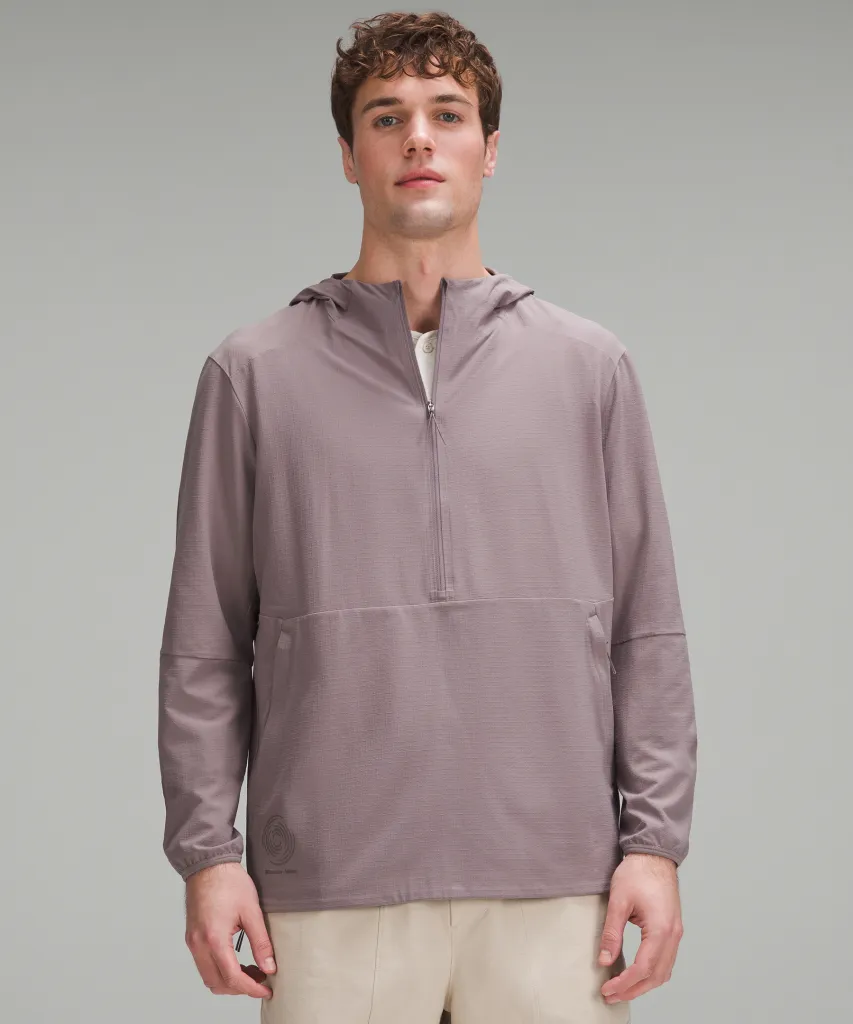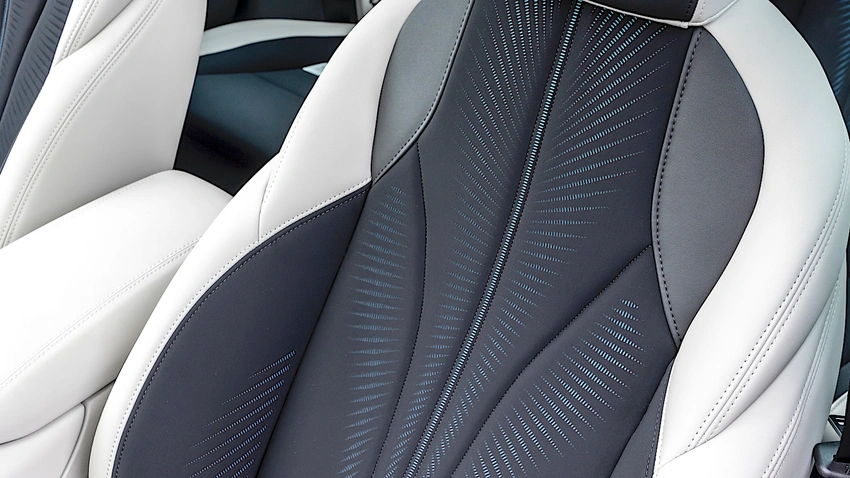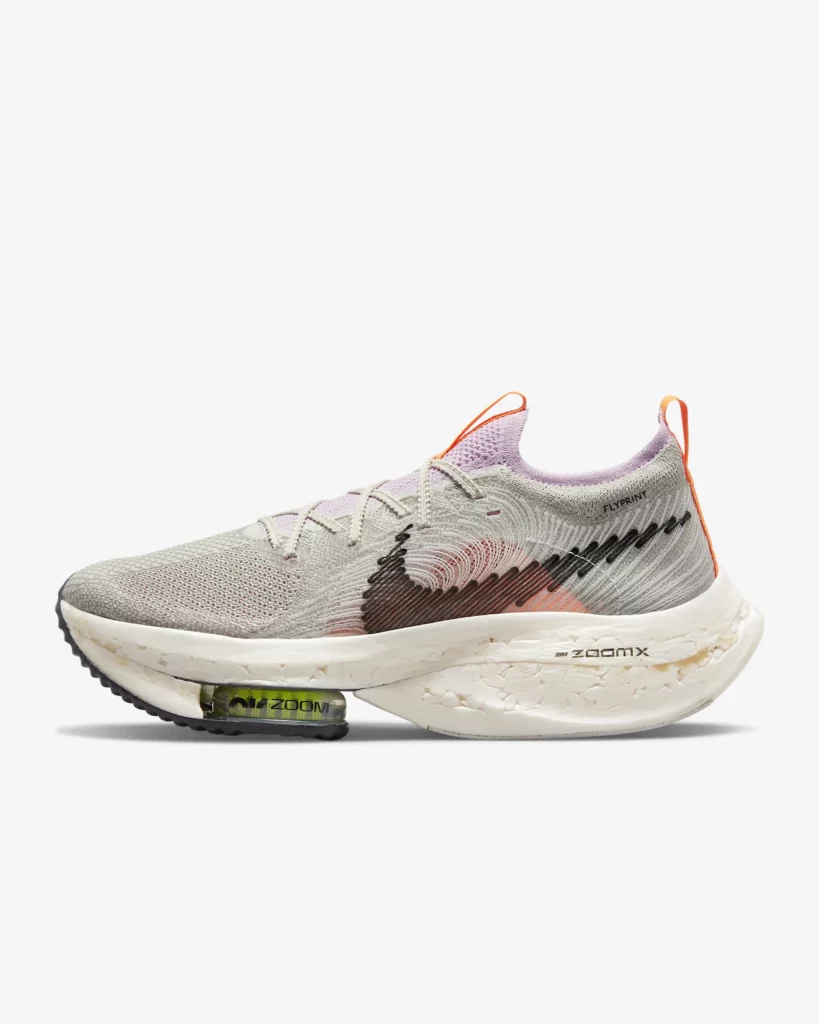Lululemon adopts a novel recycled polyester as carmaker Maserati embraces recycled nylon.
Australian enviro-tech startup Samsara Eco and athletic apparel giant Lululemon have unveiled the first-ever Packable Anorak jacket made from enzymatically recycled polyester. The innovative garment is derived from various sources including mixed plastic waste, end-of-life Lululemon apparel, and even converted carbon emissions. Last year, the two companies announced their plans to collaborate. Earlier this year, they debuted an enzymatically recycled nylon 6,6 long-sleeve top.
‘An infinite life’
The new anorak is part of Lululemon’s broader Impact Agenda and Be Planet actions — the company’s commitment to environmental sustainability and innovation in materials science. Paul Riley, CEO and Founder of Samsara Eco, emphasized the critical connection between solving the plastics crisis and addressing the broader climate crisis. “You can’t solve the climate crisis until you solve the plastics crisis and putting an end to fashion waste is critical,” he said in a statement. “Over 90 percent of fashion waste is currently a one-way ticket to incineration or landfill. Our latest work with Lululemon shows the potential to give clothes an infinite life and prevent textiles from ending up in landfills.”
Samsara Eco’s technology is not limited to polyester; it has the potential to recycle a wide range of materials, including poly/cotton and nylon/elastane blends, thereby opening up new possibilities for sustainable manufacturing across various industries.

Polyester’s dominance in the synthetic fiber market, accounting for approximately 80 percent and totaling over 63 million tonnes annually, underscores the urgency for more sustainable solutions. Despite its benefits like durability and resistance to fading, the majority of polyester items are not recycled, leading to significant environmental waste. Samsara Eco says its EosEco recycling technology is a viable, scalable solution. By employing a blend of biophysics, chemistry, biology, and computer science, including artificial intelligence, Samsara has developed plastic-eating enzymes capable of breaking down waste into raw materials. These materials can then be seamlessly integrated into the manufacturing of new products, such as the Packable Anorak jacket.
Sarah Cook, Chief Commercial and Operations Officer of Samsara Eco, and Yogendra Dandapure, Vice President of Raw Materials Innovation at Lululemon, both highlighted the disruptive potential of this technology to transform the industry’s linear waste model into a circular one. They underscored the ambition to extend these recycling techniques across Lululemon’s entire supply chain, aligning with the company’s goal to utilize 100 percent preferred materials and end-of-use solutions by 2030.
Maserati embraces Econyl recycled nylon
Italian carmaker Maserati is also setting a new standard for sustainability with its Grecale Folgore EV, an all-electric crossover SUV that not only boasts zero emissions but also incorporates recycled materials in its interior design. Central to this eco-friendly approach is Econyl, a regenerated nylon used in the vehicle’s fabric seat inserts. Produced by Aquafil, an Italian nylon fiber manufacturer, Econyl is derived from recovered nylon waste, including discarded fishing nets, fabric scraps, and carpets destined for landfills. This initiative marks a significant step toward reducing carbon footprint and promoting circularity in material use.

“We vastly underestimated the difficulty of this journey,” Aquafil’s chairman and CEO, Giulio Bonazzi, said in a statement. Despite challenges, such as developing a method to remove copper dioxide coatings from recycled fishing nets, the company has managed to produce a material that is infinitely recyclable and of the same quality as nylon produced from petroleum, according to Martina Santoni, Aquafil’s sustainability communications practitioner. “Chemical recycling, versus mechanical recycling, makes it infinitely recyclable,” she explained, highlighting the process’s ability to significantly reduce carbon dioxide emissions compared to traditional nylon production methods. “The target is to not send anything to the landfill and not to take anything from our planet,” Bonazzi said.
Econyl has garnered attention beyond the automotive sector, finding applications in products by high-profile brands such as Prada, Gucci, and Mammut outerwear, among others. This widespread adoption underscores the material’s versatility and appeal as companies across various sectors strive to enhance their environmental credentials.
Both launches come after a federal court dismissed a class-action lawsuit against Nike last week. The case alleged that the sportswear giant engaged in greenwashing practices, misleading consumers about the environmental benefits of its products. The suit, filed in the Eastern District Court of Missouri by Maria Guadalupe Ellis, accused Nike of violating the Missouri Merchandising Practices Act (MMPA) by falsely marketing its items as sustainable and made with environmentally friendly materials. Despite these claims, the court found insufficient evidence to proceed to trial, marking a significant moment for Nike and highlighting the challenges of litigating greenwashing accusations.

Ellis, who had purchased items from Nike’s sustainability line, argued that the company’s claims of using “sustainable materials” and “recycled fibers” were unfounded, alleging that more than ninety percent of the products in the Nike Sustainability Collection were not made with recycled materials as advertised. The lawsuit detailed that out of 2,452 products in the collection, only 239 were actually made with recycled materials. Ellis criticized Nike’s use of recycled polyester and nylon, arguing that these materials were not sustainable due to the environmental harm caused by microplastics and the limitations of recycling synthetic fibers.
But the judge disagreed. In his order to dismiss the case, Judge Matthew Schelp said Ellis’s claims lacked concrete evidence. He noted that Ellis had not provided any testing, analysis, or detailed insight into Nike’s manufacturing process or materials sourcing that could substantiate her allegations of greenwashing. Schelp also observed that the materials exhibit submitted by Ellis failed to conclusively show whether the products contained recycled or organic material.
Related on Ethos:


